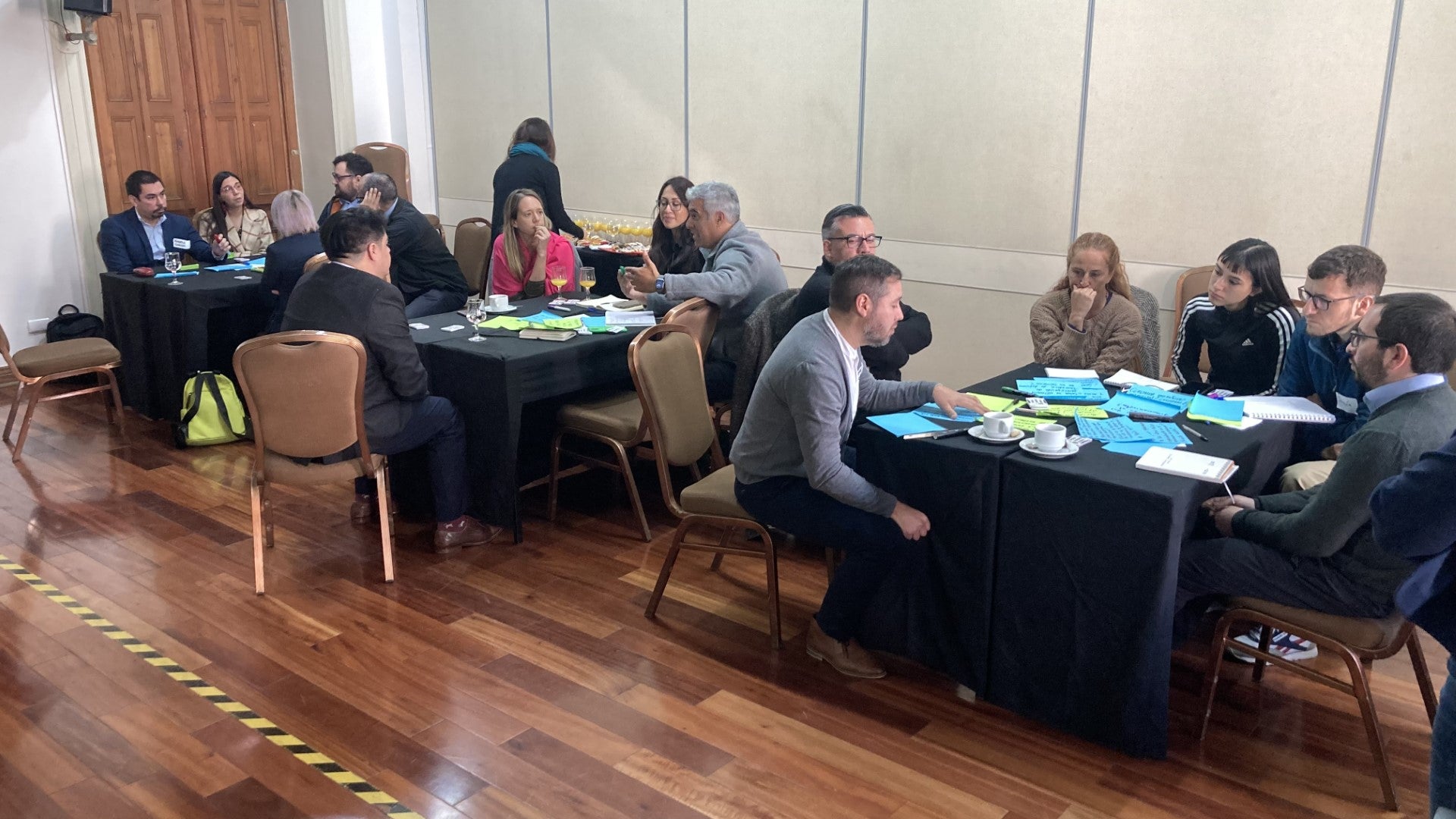This blog was authored by Francisco Pinto and Rodrigo Bórquez, economists of the Climate Action Teams (CAT) initiative, and by Environmental Defense Fund economist Luis Fernández Intriago.
Source: Climate Action Teams
Reducing emissions is imperative to address climate change. The mechanisms established in Article 6 of the Paris Agreement can serve as vital tools in our quest to stop the impacts of climate change and safeguard the future of our planet—but navigating its complexities can be tricky.
To tackle this challenge, between June and August 2023, the Climate Action Teams (CAT-Chile) initiative, co-founded by EDF, and the Consensus Building Institute (CBI) conducted a dialogue process in Chile. We aimed to convene key players in a discussion to better understand Article 6’s potential to boost Chile’s climate ambition.
This fruitful dialogue, called “Climate Dialogue: Strengthening Chile’s Ambition through Article 6 of the Paris Agreement“, explored three specific areas:
- The feasibility of implementing Article 6 in Chile,
- The application of safeguards, and
- The short-term actions and tasks to progress in this field.
The dialogue’s outcomes were delivered to Chile’s Ministry of the Environment to consider as they prepared to host their own public-private sector dialogue on ideas around the development of a Chilean Article 6 policy. Read More










